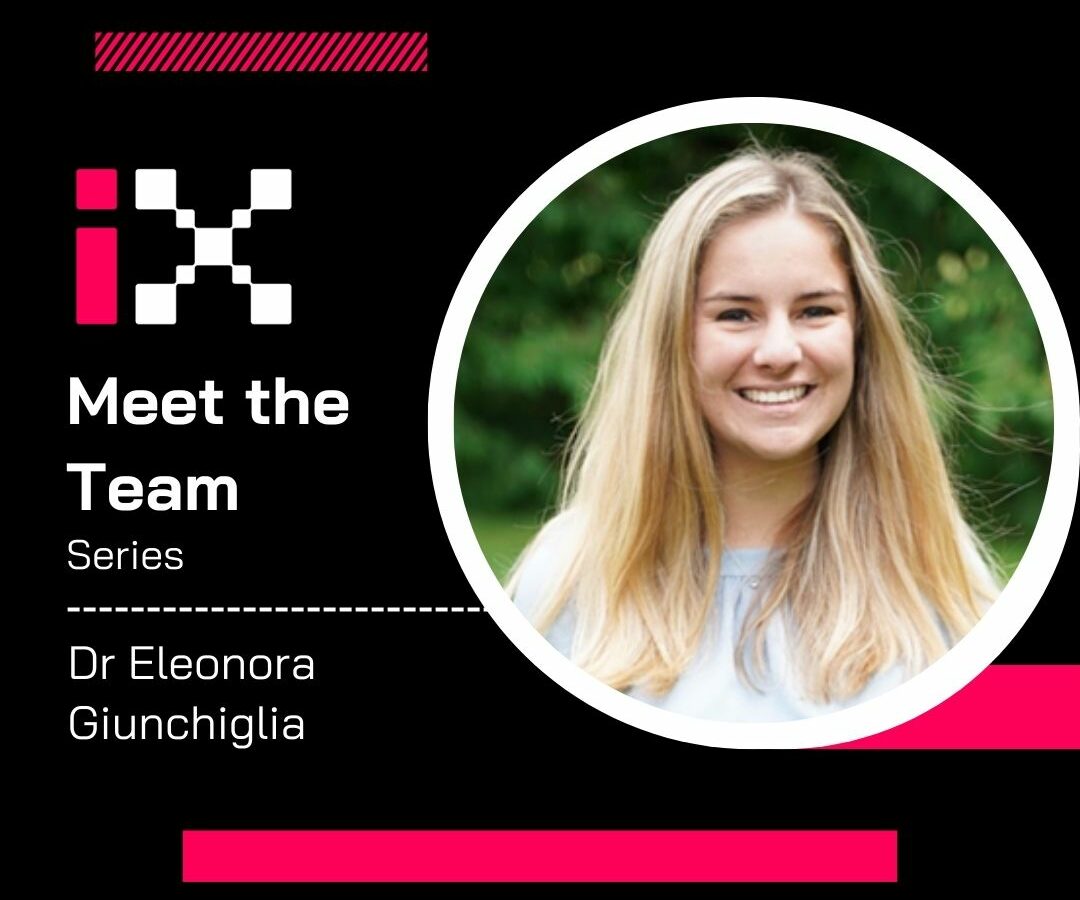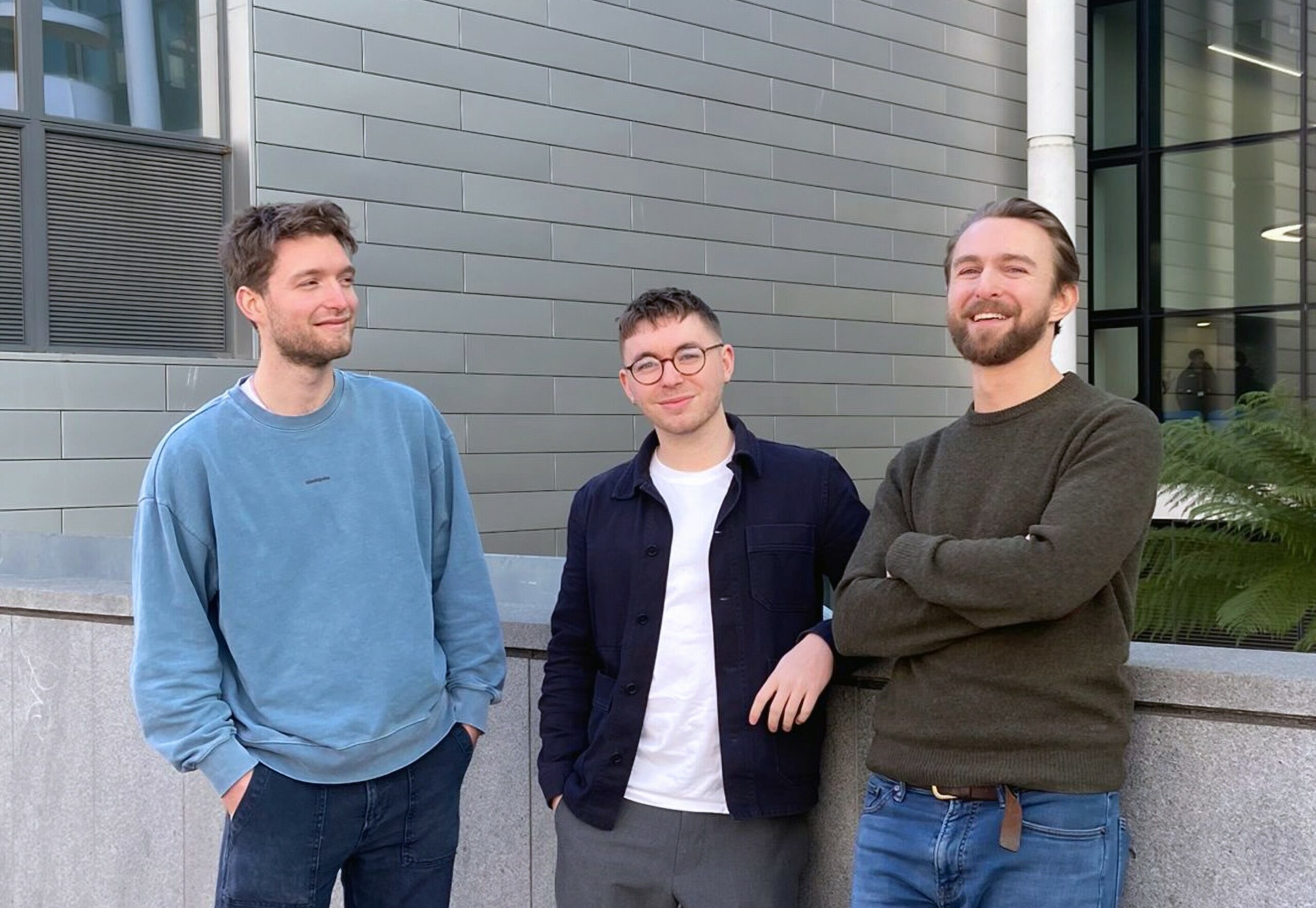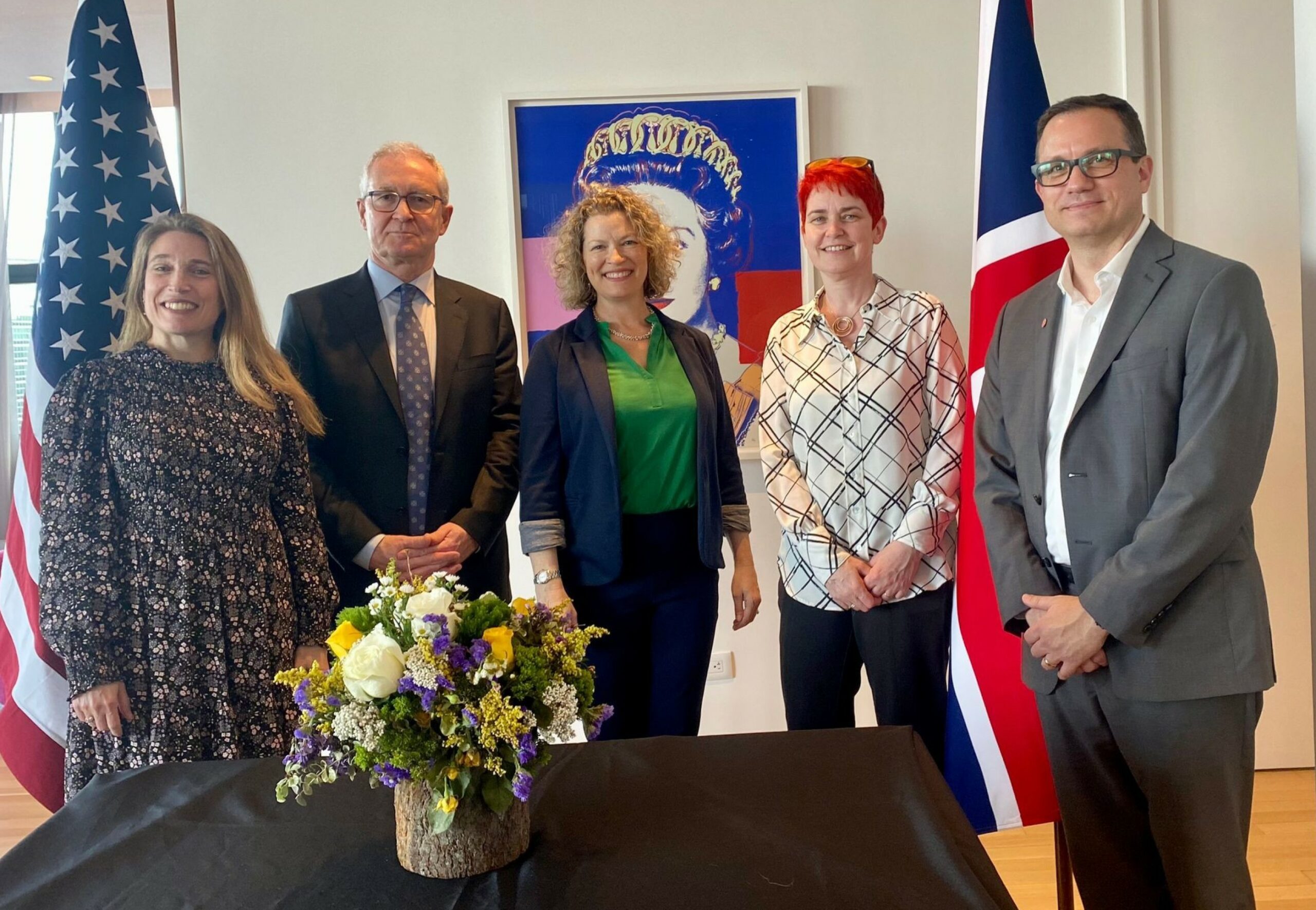
Over the last nine weeks, I-X had the pleasure to host Lauren Wilkes, a Mary Lister McCammon Summer Research Fellow, sponsored by the I-X Centre for AI in Science. The fellowship, organised by the Department of Mathematics, is dedicated to women undertaking the final year of a master’s degree, and interested in completing a PhD in mathematics or statistics. The fellowship was an opportunity for Lauren to work on a research project alongside Dr Andreas Joergensen (I-X Senior Teaching Fellow and Eric and Wendy Schmidt AI in Science Postdoctoral Fellow) and Dr Austin Mroz (Eric and Wendy Schmidt AI in Science Postdoctoral Fellow), and try out what it means to be a PhD student. Before Lauren embarks on her next adventure, we asked her a few questions about her time at I-X.
![]()
Could you tell us about your academic background and your experience prior to your internship?
I am from New Orleans in the United States, and I graduated with a degree in Data Science from the University of Georgia in 2023, where I conducted research on Bayesian machine learning. I then received a Marshall scholarship which funded two years of study in the UK. I just finished a year at Cambridge studying for the MPhil in Advanced Computer Science, and I will return this fall to study the MASt in Mathematical Statistics.
What motivated you to apply for the Mary Lister McCammon Summer Research Fellowship?
I was initially motivated by the cutting-edge research and a cohort of other motivated female math students. They also gave us an initial list of supervisors, and after seeing that Dr Andreas Joergensen had a background in Bayesian statistics, I was excited about the potential for applying some of my Bayesian background in a new direction.
Could you provide an overview of the project you worked on during the fellowship?
I am working on a new equation to predict the formation of perovskites. Perovskites are a promising new material for developing solar panels that can capture a higher proportion of the sun’s energy. Perovskites are also exciting because there are many variations that are still unexplored that could further improve their effectiveness in solar panels.
Specifically, my work is based on Dr Austin Mroz’s research into a new form of the tolerance factor. The tolerance factor is an equation used to predict whether a proposed perovskite will correctly form, and her team has found improved molecule measurements to use in the tolerance factor equation. My work investigates the best way to incorporate these new molecule measurements to improve the accuracy of the tolerance factor and make it more efficient for chemists to discover new perovskites.
In what ways did the scholarship and the collaborative environment at I-X contribute to your growth as a researcher?
This was my first time working on an interdisciplinary research project, and I got very lucky to have two amazing supervisors. Dr Joergensen is really knowledgeable about inventive mathematical modelling and helped me understand how to translate my mathematical skills into real-world impact. I learned so much about new topics such as MCMC methods and the way to break down a problem into actionable steps. He was very generous with his time, provided great feedback, and encouraged me to think creatively about ways to apply math modelling to real-world problems. Dr Mroz introduced me to the exciting area of perovskite synthesis and really took the time to explain the chemistry behind the tolerance factor. She was so supportive, and it was great to have an enthusiastic expert willing to answer and explain all of my questions. This greatly improved the quality of my research and also helped when I was explaining it to family and friends. It was so exciting to work on a project that improved my math as well as chemistry knowledge.
The scholarship also gave me the opportunity to present my research, refine my communication skills, and learn from the research of the other fellows in the cohort, who are also working on amazing projects. Through this, I have found a group of motivated and supportive peers in mathematical research.
What aspects of your experience with I-X did you find most enjoyable?
There are so many things I could name. Besides my wonderful experience with my supervisors, I-X was an incredibly supportive place. We had weekly tea/coffee meetings (with very good snacks!), and it was a great environment to learn about other people’s research as well. From speakers on using AI to identify plant drought stress to chats about physics applications in machine learning, I-X showed me firsthand how domain experts can leverage AI to support their research. I also saw the impressive outcomes that come from interdisciplinary collaboration and the potential for learning and growing in such an exciting atmosphere with such a strong focus on impact.
What are your future plans and how do you envision building on your experience with the fellowship?
After the fellowship and my year in the Cambridge MASt, I plan to return to the US to get my PhD in Statistics at Duke University. This summer fellowship has given me so many ideas of what types of problems I want to work on and solidified my interest in interdisciplinary research. I had such a great opportunity to see the success of different domain experts working together to solve problems. This experience has really shaped me as a researcher, and I am so excited to use this experience to work on urgent real-world problems in the future.
We wish Lauren continued success in all her future endeavours!



